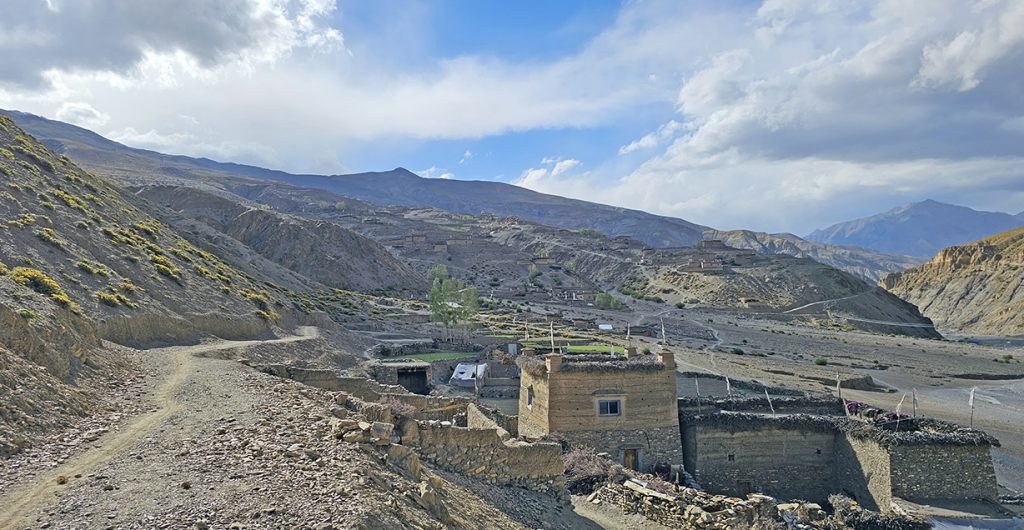Nepal’s political landscape is characterised by the prevalence of socialism, serving as both a dominant ideology and economic system. The country’s Constitution explicitly designates Nepal as a state with a socialist orientation.
Similarly, socialism and its ideals have become a focal point for different political parties in Nepal —conventional, new, centre, left, fractured, regional, ethnicity-based, and conservative — to come together and form a political alliance to serve each other’s self-interests.
It has become an umbrella term to unite all. Likewise, many people in Nepal still dream that someday the socialism of BP Koirala or Karl Marx can solve various socio-political or economic problems lingering in our society.
Furthermore, most of the people in Nepal anticipate the government to effectively achieve its socialist ideals like comprehensive social welfare, government freebies, distribution of wealth, unconditional basic income, efficient nationalised industries, giving priority to equality, quotas, and reservation systems, direct state intervention in different sectors of the economy, government control of interest rates, wages, and pricing, and imposing high taxes on rich individuals and corporations.
However, in a society obsessed with private property, wealth inheritance, family business, nepotism, favouritism, and social hierarchy, the popularity of a socialist ethos appears self-contradictory, paradoxical, and even phoney. After all, when it comes to giving up private properties for public ownership, paying taxes on income and wealth, and collective cooperation, Nepalis do feel reluctant.
It’s all about the government

Saldang village in Dolpa.
The government has to take ownership and responsibility for everything in the socialist model of governance. It lines up from running universities, sports facilities, employment opportunities, education, and healthcare. Nepal’s socialist-oriented political parties running the government have been smart enough to keep Nepali people satisfied with token social welfare programmes and promises of freebies that are neither comprehensive nor sustainable.
And, to exert its control over people and their private enterprises, the government, both federal and local, also comes up with restrictions that undermine individual choice, agency, and freedom of expression.
Besides, to solve the socio-economic problems, the government has invested in, formulated, and established many bogus, non-competitive, and irrelevant institutions, programmes, and public enterprises that have only served the interests of political parties and their associates. Hence, so many public-owned enterprises and institutions are simply a burden on taxpayers.
In a society where everyone looks up to the government, everything becomes dependent on and limited by those who are running the government or close to the politicians of the ruling parties. Unfortunately, this has resulted in unholy collusion and collaboration.
Collaboration between the business class, contractors, and politicians in which a few established business people, members of political parties, student unions, powerful syndicates and unions, and some bureaucrats close to politicians are able to mobilise and manipulate state mechanisms for their own interests.
